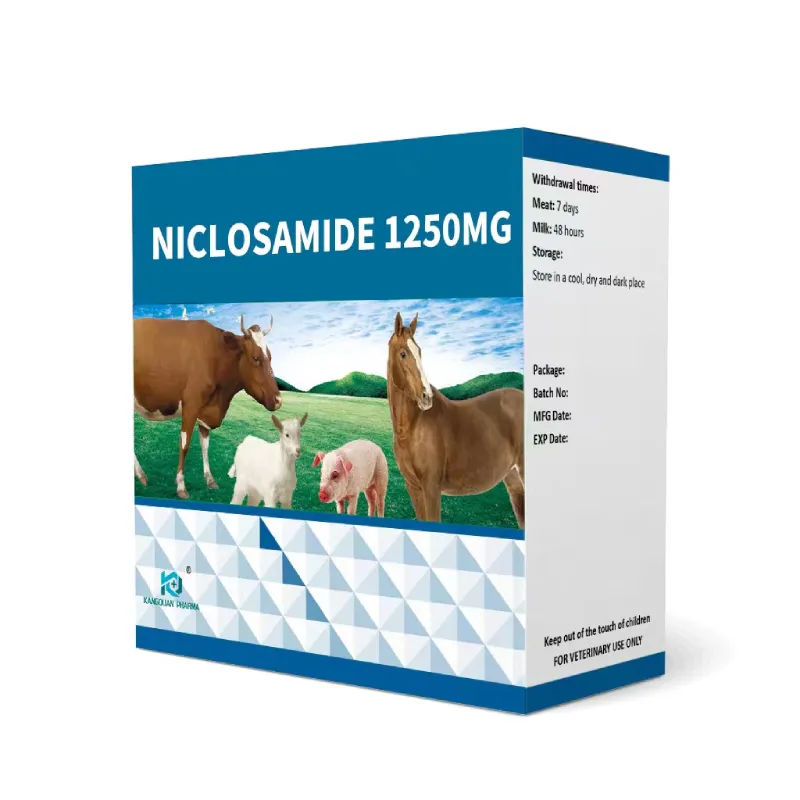- Afrikaans
- Albanian
- Amharic
- Arabic
- Armenian
- Azerbaijani
- Basque
- Belarusian
- Bengali
- Bosnian
- Bulgarian
- Catalan
- Cebuano
- Corsican
- Croatian
- Czech
- Danish
- Dutch
- English
- Esperanto
- Estonian
- Finnish
- French
- Frisian
- Galician
- Georgian
- German
- Greek
- Gujarati
- Haitian Creole
- hausa
- hawaiian
- Hebrew
- Hindi
- Miao
- Hungarian
- Icelandic
- igbo
- Indonesian
- irish
- Italian
- Japanese
- Javanese
- Kannada
- kazakh
- Khmer
- Rwandese
- Korean
- Kurdish
- Kyrgyz
- Lao
- Latin
- Latvian
- Lithuanian
- Luxembourgish
- Macedonian
- Malgashi
- Malay
- Malayalam
- Maltese
- Maori
- Marathi
- Mongolian
- Myanmar
- Nepali
- Norwegian
- Norwegian
- Occitan
- Pashto
- Persian
- Polish
- Portuguese
- Punjabi
- Romanian
- Russian
- Samoan
- Scottish Gaelic
- Serbian
- Sesotho
- Shona
- Sindhi
- Sinhala
- Slovak
- Slovenian
- Somali
- Spanish
- Sundanese
- Swahili
- Swedish
- Tagalog
- Tajik
- Tamil
- Tatar
- Telugu
- Thai
- Turkish
- Turkmen
- Ukrainian
- Urdu
- Uighur
- Uzbek
- Vietnamese
- Welsh
- Bantu
- Yiddish
- Yoruba
- Zulu
Dec . 01, 2024 11:40 Back to list
albendazole and ivermectin oral suspension
The Role of Albendazole and Ivermectin Oral Suspension in Treating Parasitic Infections
Parasitic infections remain a significant global health concern, particularly in tropical and subtropical regions. Among the myriad of treatments available, oral suspensions of Albendazole and Ivermectin have emerged as effective options for managing various parasitic diseases. This article explores the pharmacological properties, mechanisms of action, and clinical applications of these two potent antiparasitic agents, highlighting their combined use in oral suspension form.
Albendazole A Broad-Spectrum Antiparasitic Agent
Albendazole is a benzimidazole derivative that exhibits broad-spectrum efficacy against a variety of helminths (worms) and some protozoa. It works primarily by inhibiting the polymerization of tubulin, leading to the disruption of microtubule formation within the parasites. This inhibition results in the impairment of cellular functions like glucose uptake, ultimately leading to the death of the organism.
Albendazole is particularly effective against common parasitic infections, including neurocysticercosis, caused by the larval stage of the pork tapeworm (Taenia solium), and hydatid disease, due to Echinococcus granulosus. Its effectiveness and relatively low cost make it a cornerstone in treating these infections, especially in endemic areas.
Ivermectin A Potent Acaricide and Antiparasitic Agent
Ivermectin is another powerful antiparasitic drug, belonging to the class of avermectins. It acts primarily by binding to glutamate-gated chloride channels, which are present in nematodes and arthropods. This binding increases the permeability of the cell membrane to chloride ions, resulting in paralysis and death of the parasite.
Ivermectin is famous for its efficacy against various nematodes including those that cause lymphatic filariasis and strongyloidiasis, as well as ectoparasites like lice and scabies. Its safety profile and ease of administration have made it a key component in mass drug administration programs aimed at controlling parasitic diseases in affected regions.
albendazole and ivermectin oral suspension

The Synergistic Efficacy of Combined Oral Suspensions
The combined use of Albendazole and Ivermectin in oral suspension form represents a strategic approach to enhance therapeutic outcomes against complex parasitic infections. By targeting different pathways within the parasites, this combination maximizes the likelihood of eradicating infections that involve multiple parasite species or have varying life cycles.
For instance, in cases of soil-transmitted helminth infections, where patients may harbor multiple types of worms, the use of both Albendazole and Ivermectin can provide comprehensive coverage. Moreover, the oral suspension form improves patient compliance, especially among young children or those with swallowing difficulties. Liquid formulations allow for precise dosing and easier administration compared to tablets or capsules.
Pharmacokinetics and Patient Considerations
The pharmacokinetics of both drugs support their use in combination. Albendazole undergoes hepatic metabolism and is converted to its active metabolite, albendazole sulfoxide, which contributes to its antiparasitic effects. Ivermectin, on the other hand, has a longer half-life, allowing for once or twice yearly administration in mass drug campaigns.
While both drugs are generally well tolerated, practitioners must remain vigilant regarding potential side effects. Mild gastrointestinal disturbances may occur with Albendazole, and Ivermectin can cause transient effects such as dizziness or pruritus, particularly in cases of high parasite load due to die-off reactions. Therefore, it's essential to monitor patients closely and provide education on what to expect during treatment.
Conclusion
In summary, the oral suspension of Albendazole and Ivermectin serves as a vital tool in combating parasitic infections. Their combined mechanisms of action not only enhance the efficacy of treatment but also facilitate easier administration in vulnerable populations. As public health efforts continue to evolve in addressing parasitic diseases, the use of these agents in combination will likely play a significant role in achieving better health outcomes and reducing the burden of these infections worldwide.
-
Guide to Oxytetracycline Injection
NewsMar.27,2025
-
Guide to Colistin Sulphate
NewsMar.27,2025
-
Gentamicin Sulfate: Uses, Price, And Key Information
NewsMar.27,2025
-
Enrofloxacin Injection: Uses, Price, And Supplier Information
NewsMar.27,2025
-
Dexamethasone Sodium Phosphate Injection: Uses, Price, And Key Information
NewsMar.27,2025
-
Albendazole Tablet: Uses, Dosage, Cost, And Key Information
NewsMar.27,2025













